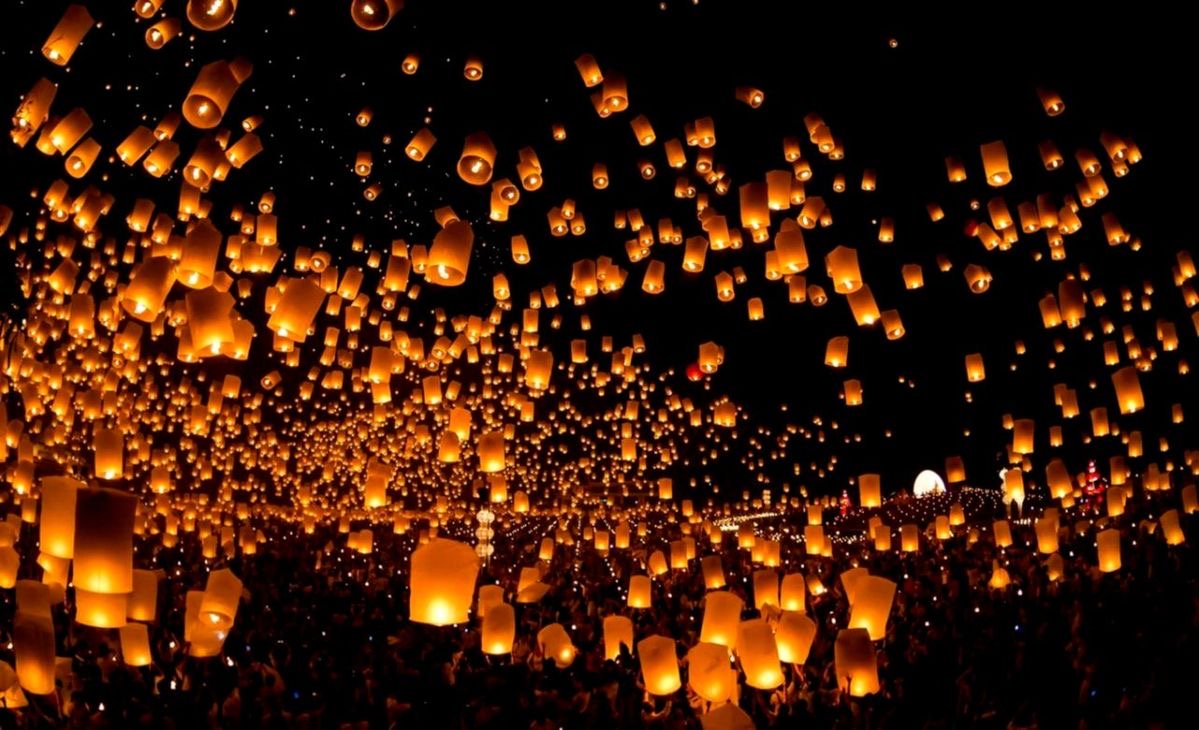
“Festivals Worth Traveling For in India — On a Budget!”
Celebrate the culture. Embrace the chaos. Experience India like never before — all without breaking the bank.
India isn’t just a country, it’s an emotion — and that emotion comes alive during its vibrant, colorful, and deeply rooted festivals. You don’t need 5-star stays or VIP tickets to experience their magic. In fact, some of the most unforgettable moments happen in the middle of the crowd, over a plate of ₹50 chaat.
So here’s a list of handpicked Indian festivals that are worth traveling for — even if you’re on a tight budget:
🗓️ When: March
📍 Where: Mathura, Vrindavan, Barsana (Uttar Pradesh), Pushkar (Rajasthan)
Why Go: Holi in these towns isn’t just a color fight—it’s mythology, music, street processions, lathmar traditions, and bhang. You’ll be drenched not just in gulal, but in joy and chaos.
💸 Budget Tips:
• Stay in local guesthouses or dharamshalas starting at ₹500.
• Experience having street food or local food vendors.
• Use local buses or shared autos to get around.
🗓️ When: September–October
📍 Where: Kolkata, West Bengal
Why Go: The entire city transforms into a living gallery with pandals as creative as movie sets. There’s music, traditional food, dance, and spiritual energy in every corner.
💸 Budget Tips:
• Use the Kolkata Metro and walk to pandals — most are clustered.
• Enjoy free cultural performances at community stages.
• Street food like kathi rolls and mishti doi is cheap and delicious.
• Couchsurf or book hostels starting from ₹500–₹600/night.
🗓️ When: November
📍 Where: Pushkar, Rajasthan
Why Go: From camel races and moustache contests to gypsy folk music and hot air balloons, Pushkar’s vibe is raw, colorful, and completely unique.
💸 Budget Tips:
• Budget tents or hostel stays start from ₹500/night.
• Attend free evening aartis and street parades.
• Eat dal-baati-churma or try different food from local dhabas.
• The fair itself is mostly free to attend!
🗓️ When: December
📍 Where: Kisama Village near Kohima, Nagaland
Why Go: A showcase of all 16 Naga tribes, Hornbill offers cultural performances, martial arts, traditional food, and music concerts — all in a forested, peaceful setup.
💸 Budget Tips:
• Pre-book local homestays ( starting from ₹700–₹800) with meals.
• Travel in a group to split taxi/shared cab costs.
• Festival entry is usually ₹100–₹200/day.
• Walk or share rides with other travelers to nearby viewpoints.
🗓️ When: June–July
📍 Where: Puri, Odisha
Why Go: One of the largest religious processions in the world, where massive chariots are pulled by thousands of devotees. The energy is indescribable.
💸 Budget Tips:
• Government-run lodges and dharamshalas are starting from ₹500.
• Free meals are served in community kitchens and temples.
• Buses from Bhubaneswar or trains are affordable and frequent.
🗓️ When: October–November
📍 Where: Varanasi, Jaipur, Ayodhya
Why Go: Varanasi lights up with over a million lamps on the ghats, fireworks over the Ganges, and spiritual rituals. Jaipur dazzles with decorated markets and palaces.
• Book train tickets early for better rates.
• Visit smaller towns instead of metros for more authentic vibes.
• Street food and markets make it a low-cost, high-reward experience.
🗓️ When: March (same as traditional Holi)
📍 Where: Sangla Valley, Himachal Pradesh
Why Go: If you’re someone who wants to experience Holi but without the overwhelming crowds, head to Sangla Valley. Here, Holi is more about music, folk dances, and community bonding than wild color fights. Locals wear traditional attire, perform kinnauri nati, and offer festive food to visitors in true Himachali hospitality.
Imagine celebrating Holi with views of snow-dusted mountains, apple orchards blooming in the background, and warm pahadi meals served with love—Sangla Holi is intimate, spiritual, and unforgettable.
• Reach via Shimla > Rampur > Sangla by bus/shared jeep
• Stay in cozy local homestays (₹500–₹800/night)
• Join the community celebrations, which are free and very inclusive
• Eat with local families or at dhabas—authentic meals under ₹150
🎒 Pro Tip: Add a day trip to nearby Batseri or Rakchham for a full offbeat Himachali experience.
🗓️ When: June–July
📍 Where: Hemis Monastery, Ladakh
Why Go: It’s one of the biggest monastic festivals in Ladakh, celebrating the birth of Guru Padmasambhava. Expect dramatic masked dances (Cham), rhythmic drums, and colorful robes in a surreal, high-altitude setting.
• Stay in Leh homestays or hostels ( starting ₹500–₹800/night)
• Buses/shared cabs to Hemis available
• Carry light snacks & refillable water bottles to avoid expensive cafes
🗓️ When: February–March
📍 Where: Spiti, Ladakh, parts of Himachal (Kinnaur & Lahaul)
Why Go: Unlike wild parties, Losar is sacred, family-centric, and meditative. Locals clean their homes, light butter lamps, and celebrate with traditional dances and food. It’s a deep cultural dive, especially in remote villages like Tabo, Kaza, or Nako.
• Travel in shared taxis or hitchhike with travelers
• Enjoy free local cultural shows during Losar
• Try thukpa, momos, and chang from homestay kitchens
🗓️ When: April–May
📍 Where: Thrissur, Kerala
Why Go: Pooram is majestic—50+ decked elephants, fireworks, percussion ensembles, and vibrant crowds. It’s grandeur with deep-rooted temple tradition, set against the lush green backdrop of Kerala.
• Use Kerala’s extensive train and local bus system
• Eat local banana leaf meals ( starting from ₹100)
• Stay in budget lodges starting ₹500
Festivals in India are more than events—they’re living stories, emotional spectacles, and cultural deep-dives. And the best part? You don’t need luxury hotels or first-class flights to experience them. Just an open heart, a small budget, and a love for people and culture.
🧭 Tips to Travel for Festivals on a Budget:
• Book early: Train and bus tickets sell out fast. Use IRCTC or aggregator sites.
• Pack light: A backpack, local clothes (for Holi/Diwali), and basic hygiene products.
• Stay local: Hostels, dharamshalas, or community homestays.
• Eat like a local: Festival food is the best street food!
• Travel in groups: Split costs and stay safer.